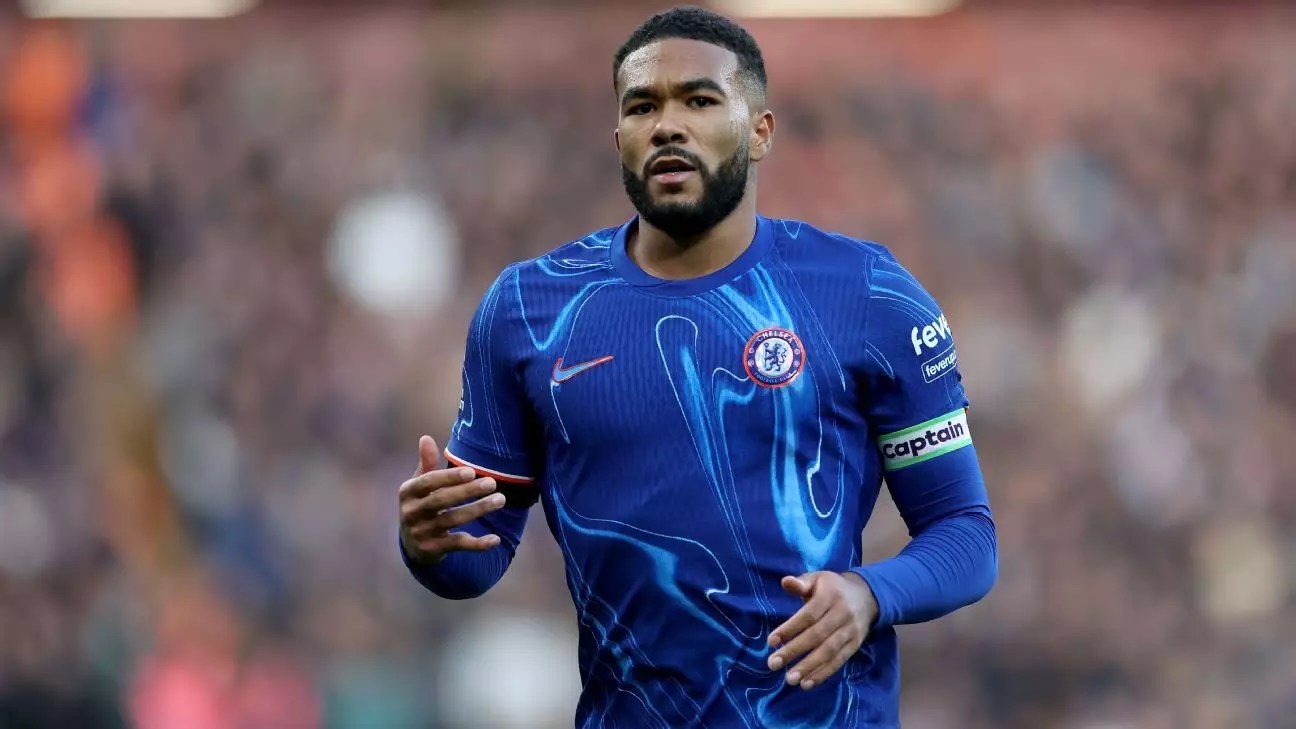Chelsea Football Club is navigating a tumultuous period under the stewardship of manager Enzo Maresca. This season has presented numerous challenges, not least in terms of on-field performance and team dynamics. After a mixed start, where the club secured four wins out of their first eight Premier League matches, it has become evident that issues beyond mere tactics are at play, particularly concerning leadership within the squad.
Maresca’s recent comments about the team’s lack of a “proper leader” shed light on a central concern: the need for vocal and influential figures on the pitch. One can infer from Maresca’s statements that, despite the returning presence of captain Reece James, expectations for player leadership have not been met. This situation prompts a fundamental question: how can a team genuinely thrive without strong leadership?
Reece James is, without doubt, a talented player, boasting a blend of skill and athleticism. However, Maresca pinpointed his expectations clearly: being a captain requires more than talent; it necessitates an understanding of how to galvanize teammates and elevate team spirit. The distinction Maresca makes—that a captain must give more rather than expect more—highlights a critical aspect of team dynamics. Leadership in sport goes beyond simply holding the armband; it is about fostering an environment of accountability and motivation.
James has only recently returned from a challenging spell on the sidelines due to a hamstring injury, a factor that could explain some initial hesitance in his leadership on the field. Nevertheless, Maresca calls for an urgency in development. In his eyes, the team must cultivate leaders to navigate the ups and downs of a grueling season. The emphasis on James implies that the narrative surrounding his development extends beyond individual contribution; it is about the collective elevation of the team.
Maresca’s suggestion that Chelsea lacks adequate leaders beyond James opens the floor to discussions regarding the club’s broader roster. This insight invites scrutiny into the development pathways available for potential leaders within the squad. While players like Tosin Adarabioyo emerge as candidates, the aspect of nurturing talent into influential figures poses a significant challenge for the coaching staff. Is there a systematic approach in place to identify and cultivate such players?
Moreover, this critical call for growth echoes a tradition in football where leadership is born out of necessity and experience. Mentorship plays a vital role; thus, the cultivation of mentorship within the team’s culture could prove invaluable. The team must not only seek to find potential leaders but actively cultivate an environment where leadership skills can flourish.
As Chelsea prepares to face Newcastle in their upcoming match, the implications of Maresca’s remarks press upon the team. Fans and analysts alike will be watching closely to see how James responds to this call for greater leadership and whether other players step up in the absence of seasoned leaders. The examination of leadership, particularly in a young squad, could very well define the trajectory of Chelsea’s season, as they aim to transform early inconsistencies into robust performances on the pitch.


Leave a Reply